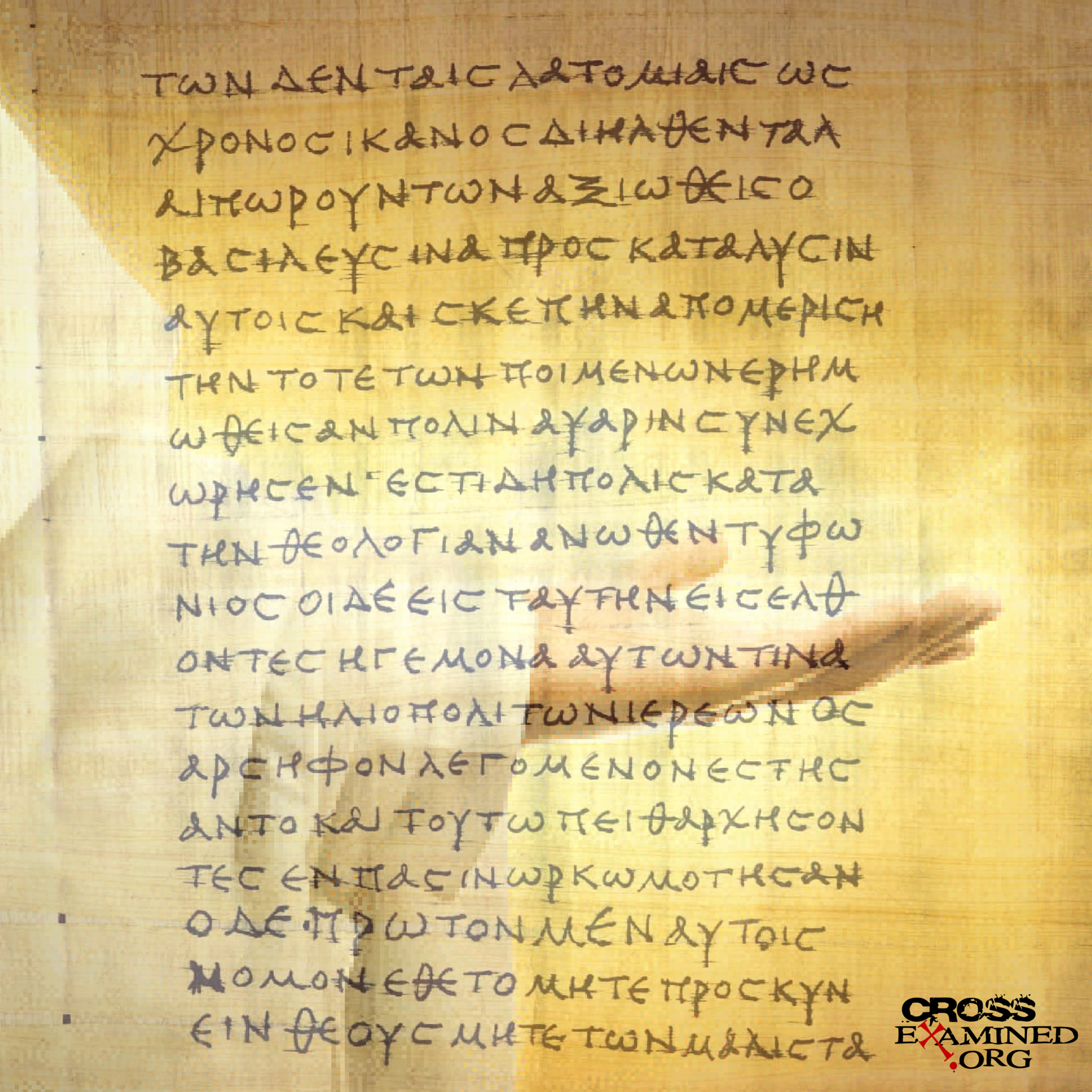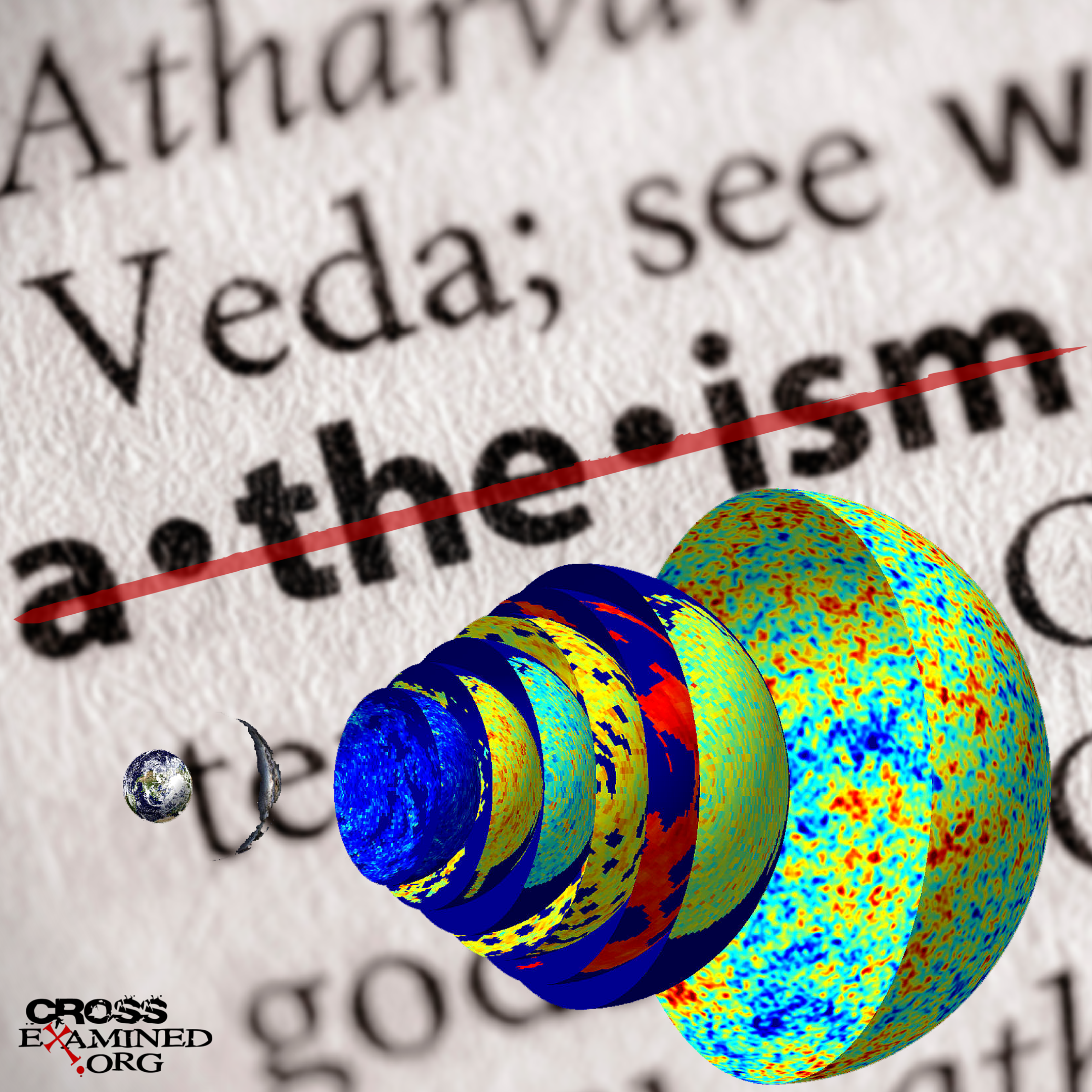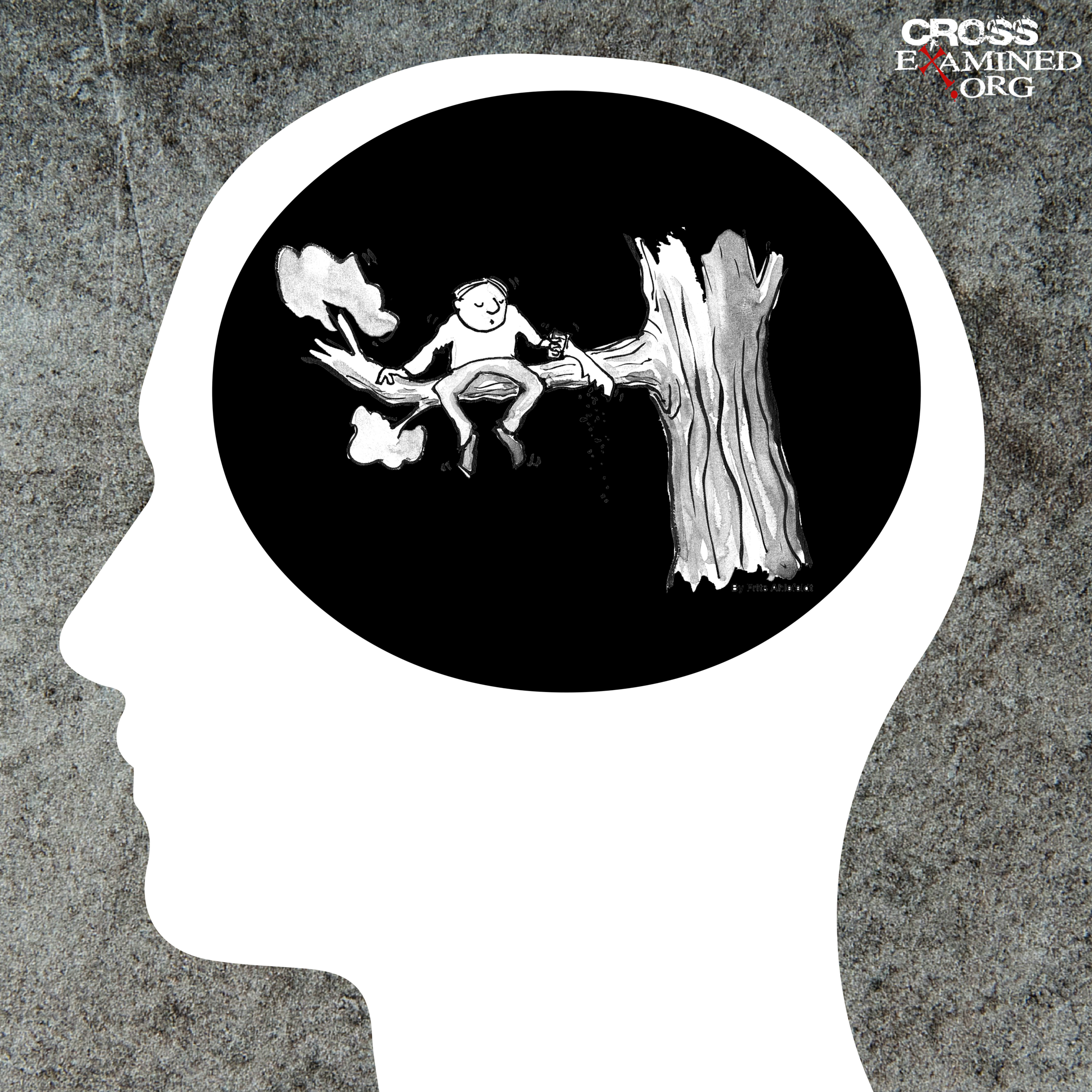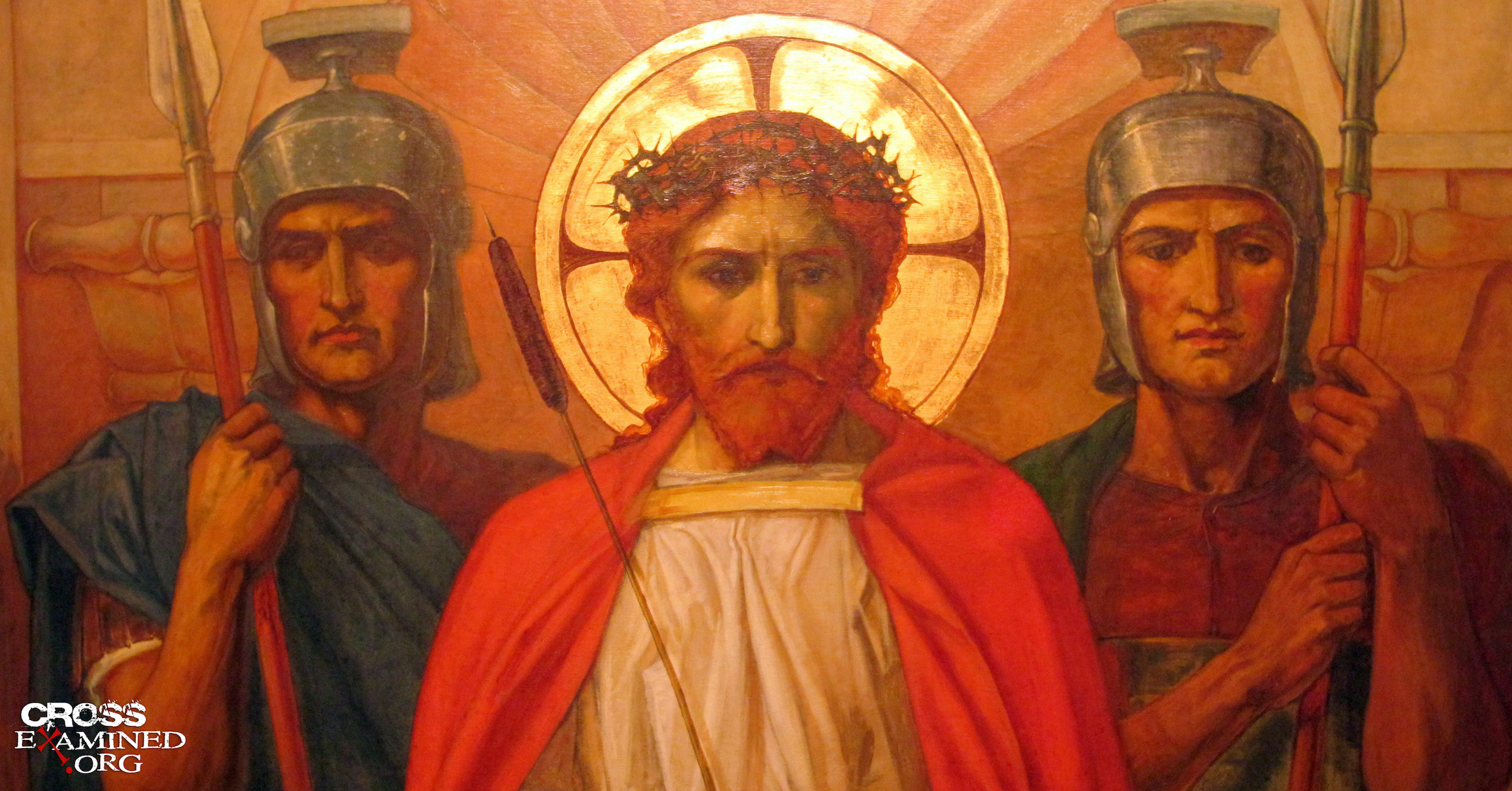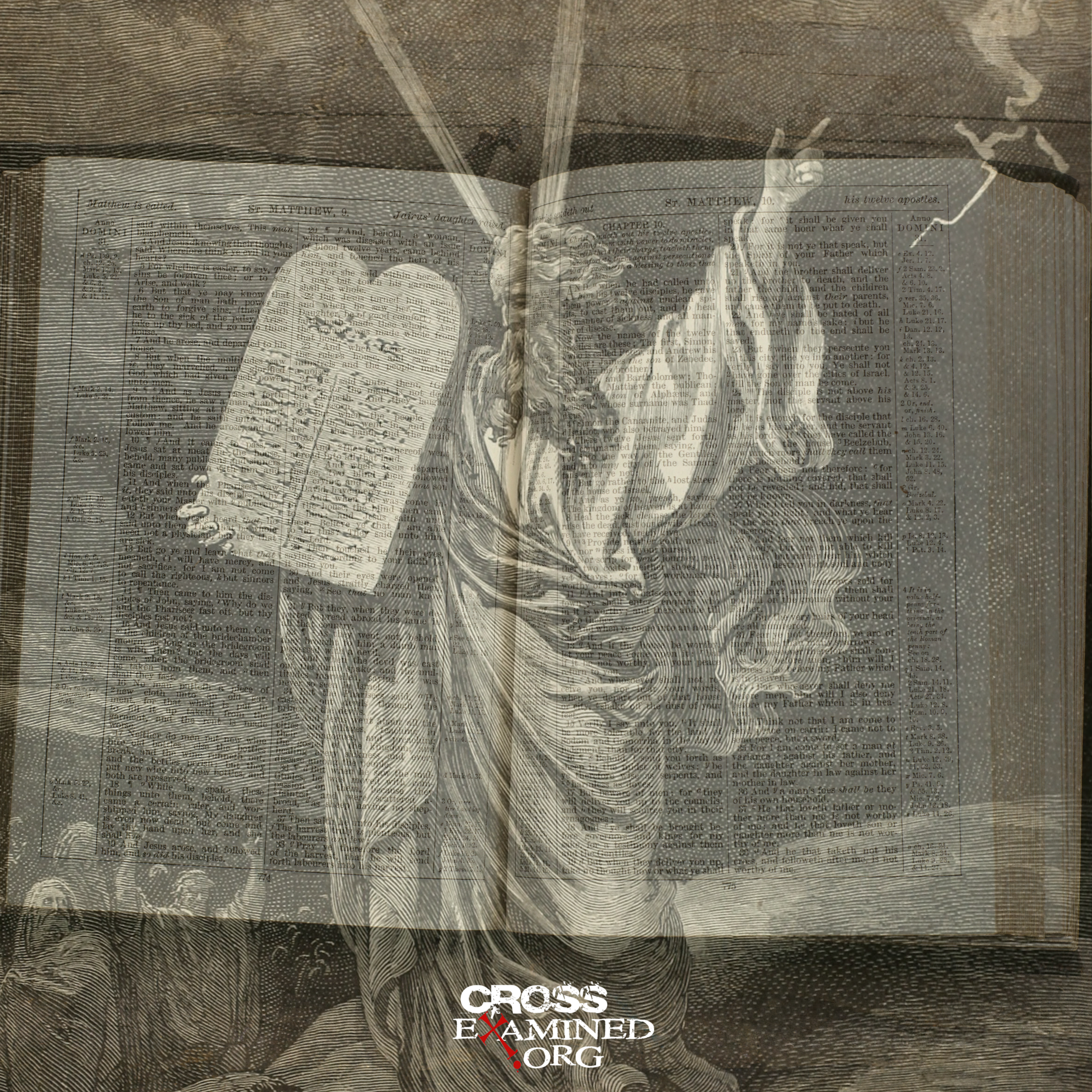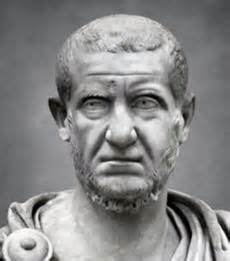In our first three articles which have examined Jesus by the historical method, we have seen that, thus far, Jesus of Nazareth stands up to historical scrutiny. However, this fourth article confronts an issue that many skeptics present concerning one’s knowledge of the historical Jesus: early testimony. Early testimony is important because the closer a text is to the events that it describes, the more reliable the testimony. Longer spans of time allows for the introduction of legendary material. Early testimony allows for correction among historical records and other eyewitnesses who can corroborate or deny the details presented by a text.
Some are skeptical to the dating of some New Testament texts. Part of this skepticism stems from extreme liberal beliefs concerning the biblical texts originating from textual criticism gone wild. However, unbeknownst to many, such skepticism is far from unanimous in biblical scholarship. In fact, the scholarly world is coming to the understanding that the texts of the New Testament may be much earlier than previously anticipated. In fact, two radical scholars, John A. T. Robinson and W. F. Albright, have accepted an early dating for the New Testament writings. Albright noted that “We can already say emphatically that there is no long any basis for dating any book of the New Testament after about A.D. 80, two full generations before the date between 130 and 150 given by the more radical New Testament critics of today.”[1]
This article will not address every early document that we have pertaining to Jesus of Nazareth. Rather, this article will examine some of the earliest testimonies we have pertaining to Jesus of Nazareth. We will begin with, perhaps, the most important testimony we possess.
Pre-New Testament Traditions
Throughout the New Testament, one finds early Christian documentations that predate the New Testament writings. These documentations date to the earliest times of the church. Habermas notes that “It is crucially important that this information is very close to the actual events, and therefore cannot be dismissed as late material or as hearsay evidence. Critics not only admit this data, but were the first ones to recognize the early date.”[2]
Several of these early traditions are documented throughout the New Testament writings. It is important to note that these traditions date to the earliest church. For your consideration, I have attached a formulation (listing out key historical events), a hymn (a song relating theological information), and a confession (listing out a statement to be said in confessing a belief).
Formulation: 1 Corinthians 15:3-8
In this formulation, perhaps one of the most important historical pre-NT traditions, Paul relates what he received when he first became a Christian and met with the apostles. This is what Paul records:
“For I delivered to you as of first importance what I also received: that Christ died for our sins in accordance with the Scriptures, that he was buried, that he was raised on the third day in accordance with the Scriptures, and that he appeared to Cephas, then to the twelve. Then he appeared to more than five hundred brothers at one time, most of whom are still alive, though some have fallen asleep. Then he appeared to James, then to all the apostles. Last of all, as to one untimely born, he appeared also to me.”[3]
In this formulation, one will note the emphasis placed upon Jesus’ crucifixion, resurrection, and resurrection appearances. This tradition provides HUGE historical support for resurrection claim.
Hymn: Philippian 2:6-11
In his letter to the Church of Philippi, Paul recounts an early hymn that predates his writing. This hymn records several important Christian beliefs pertaining to Christ.
“who, though he was in the form of God, did not count equality with God a thing to be grasped, but emptied himself, by taking the form of a servant, being born in the likeness of men. And being found in human form, he humbled himself by becoming obedient to the point of death, even death on a cross. Therefore God has highly exalted him and bestowed on him the name that is above every name, so that at the name of Jesus every knee should bow, in heaven and on earth and under the earth, and every tongue confess that Jesus Christ is Lord, to the glory of God the Father” (Philippians 2:6-11).
Here again, one will find early testimony for the crucifixion of Christ and implicitly for the resurrection. Also of great importance is the early attribution of divinity that the church placed upon Jesus of Nazareth.
Confession: Romans 10:9
To the Church of Rome, Paul provides an early confession that predates his writing. Paul notes that “if you confess with your mouth that Jesus is Lord and believe in your heart that God raised him from the dead, you will be saved” (Romans 10:9). Paul’s confession notes, again, the death and resurrection of Jesus.
These early testimonies are so important that NT historian Michael Licona noted that “Paul and the oral traditions embedded throughout the New Testament literature provide our most promising material.”[4] Therefore, these traditions which number far more than the three listed are of extreme value to the historicity of Jesus of Nazareth.
Author’s Note: So much information was compiled for the early testimony of Jesus that the article had to be broken into two sections. Next week, our examination of early testimony will continue as we take a look at the dating of the Gospels and the three earliest Epistles in the New Testament. As they say on television and the movies…
…To be continued.
© January 18th, 2016. Brian Chilton.
Click here to visit the source site of this article.
Bibliography for Complete Article
Albright, W. F. Recent Discoveries in Bible Lands. New York: Funk & Wagnalls Company, 1955.
Habermas, Gary. The Historical Jesus: Ancient Evidence for the Life of Christ. Joplin, MO: College Press, 1996.
Licona, Michael R. The Resurrection of Jesus: A New Historiographical Approach. Downers Grove; Nottingham, UK: IVP Academic; Apollos, 2010.
Richardson, Kurt A. James. The New American Commentary. Volume 36. Nashville: Broadman & Holman Publishers, 1997.
Rydelnik, Michael, and Michael Vanlaningham, eds. The Moody Bible Commentary. Chicago: Moody Publishers, 2014.
Wallace, J. Warner. Cold-case Christianity: A Homicide Detective Investigates the Claims of the Gospels. Colorado Springs: David C. Cook, 2013.
Endnotes
[1] W. F. Albright, Recent Discoveries in Bible Lands (New York: Funk & Wagnalls Company, 1955), 136.
[2] Gary Habermas, The Historical Jesus: Ancient Evidence for the Life of Christ (Joplin, MO: College Press, 1996), 30.
[3] Unless otherwise noted, all Scripture comes from the English Standard Version (Wheaton: Crossway, 2001).
[4] Michael R. Licona, The Resurrection of Jesus: A New Historiographical Approach (Downers Grove; Nottingham, UK: IVP Academic; Apollos, 2010), 275.

